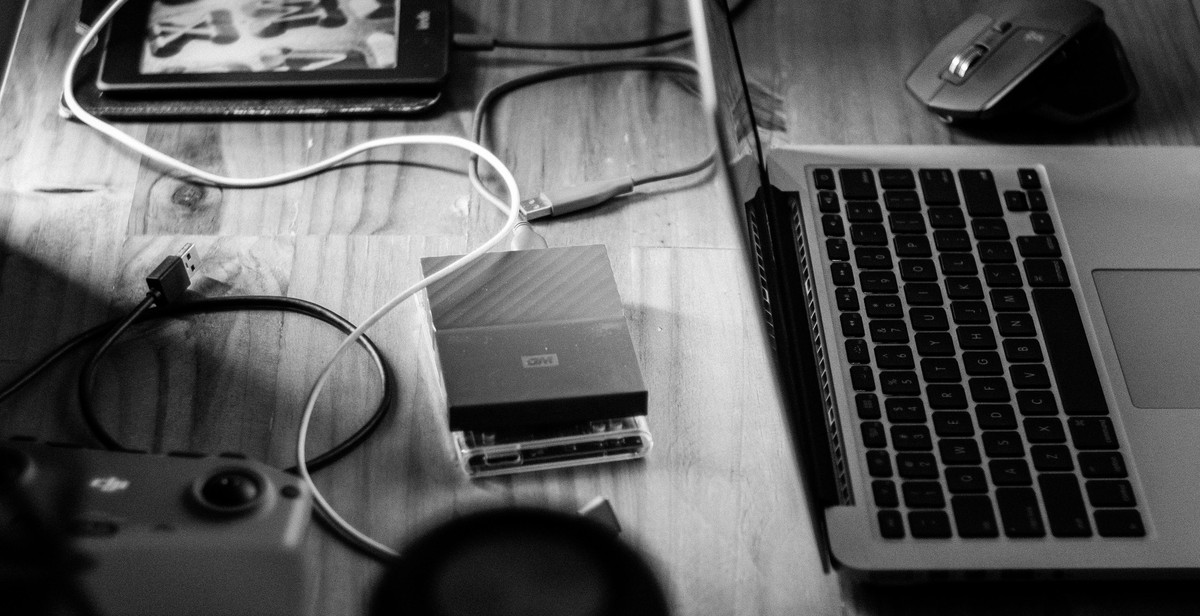How to Use Meditation for Enhancing Creativity in the Workplace: Introduction
Creativity is a vital aspect of any workplace. It helps to improve problem-solving skills, increase productivity and innovation, and foster a positive work environment. However, with the fast-paced nature of modern work, it can be challenging to tap into one’s creativity effectively. This is where meditation comes in.
Meditation is a practice that involves training the mind to focus and achieve a state of calmness, relaxation, and mental clarity. It has been proven to have numerous benefits, including reducing stress and anxiety, improving cognitive function, and enhancing creativity. In the workplace, meditation can be a powerful tool for boosting creativity and productivity.
Why is Creativity Important in the Workplace?
Creativity is essential in the workplace because it enables employees to come up with innovative solutions to problems, think outside the box, and develop new ideas and products. It also helps to foster a more positive work environment by encouraging collaboration, open communication, and a willingness to take risks and experiment.
Companies that prioritize creativity and innovation tend to be more successful in their respective industries. They are better equipped to adapt to changing market conditions, stay ahead of the competition, and attract and retain top talent.
Given the importance of creativity in the workplace, it is crucial to find ways to enhance it. Meditation is one such way, and in the following sections, we will explore how to use meditation techniques to boost creativity in the workplace.

Understanding Meditation
Meditation is a practice that has been around for centuries and is used to promote relaxation, reduce stress, and increase overall well-being. It involves training the mind to focus and be present in the moment, without judgment or distraction. Meditation can be practiced in various ways, and there are several types of meditation techniques available.
How does Meditation work?
When we meditate, we focus our attention on a specific object, such as our breath, a mantra, or a visualization. By doing so, we can quiet our mind and reduce the constant chatter of thoughts that can overwhelm us. This practice helps to reduce stress and anxiety, improve concentration, and increase self-awareness.
Research has shown that meditation can have a positive impact on the brain, including increasing gray matter in areas related to emotion regulation, memory, and learning. It can also activate the parasympathetic nervous system, which is responsible for the body’s rest and relaxation response.
Types of Meditation
There are several types of meditation practices, including:
- Mindfulness Meditation: involves paying attention to the present moment without judgment or distraction. It is often practiced by focusing on the breath or bodily sensations.
- Transcendental Meditation: involves the use of a mantra, which is repeated silently to oneself.
- Loving-Kindness Meditation: involves focusing on feelings of love and compassion towards oneself and others.
- Body Scan Meditation: involves focusing on each part of the body, starting at the toes and moving up towards the head.
Each type of meditation has its own benefits and can be practiced in various ways. It is important to find a technique that works best for you and to practice regularly to experience the full benefits of meditation.
| Benefits of Meditation |
|---|
| Reduces stress and anxiety |
| Improves concentration and focus |
| Increase self-awareness and emotional intelligence |
| Enhances creativity and problem-solving skills |
| Promotes overall well-being and happiness |

Benefits of Meditation for Creativity
Meditation has been found to have numerous benefits, including reducing stress and anxiety, improving focus and concentration, and increasing mental clarity and creativity. These benefits make meditation a powerful tool for enhancing creativity in the workplace.
Reduced Stress and Anxiety
Stress and anxiety are common barriers to creativity in the workplace. When we are stressed or anxious, our minds tend to become cluttered and we struggle to think clearly. Meditation has been found to be effective in reducing stress and anxiety, allowing us to clear our minds and tap into our creativity.
Studies have shown that regular meditation practice can reduce the levels of cortisol, a stress hormone, in the body. This can lead to improved mood and reduced anxiety levels, allowing us to approach our work with a clear and focused mind.
Improved Focus and Concentration
Another benefit of meditation is improved focus and concentration. When we meditate, we learn to train our minds to stay focused on the present moment. This can help us to avoid distractions and stay focused on the task at hand, leading to increased productivity and creativity.
Studies have shown that regular meditation practice can increase the thickness of the prefrontal cortex, the part of the brain responsible for attention and decision-making. This can lead to improved cognitive function and better performance in the workplace.
Increased Mental Clarity and Creativity
Meditation has also been found to increase mental clarity and creativity. When we meditate, we learn to quiet our minds and let go of distractions. This can help us to tap into our subconscious and access new ideas and insights.
Studies have shown that regular meditation practice can increase activity in the default mode network, a network of brain regions that is active when we are not focused on the outside world. This network is associated with creativity and can lead to new insights and ideas.
- Reduced stress and anxiety
- Improved focus and concentration
- Increased mental clarity and creativity

How to Incorporate Meditation into your Workday
As a working professional, it can be challenging to find moments of peace and calm during a busy workday. Incorporating meditation into your daily routine can help reduce stress and increase creativity, leading to higher productivity and job satisfaction. Here are some tips to help you get started:
Identify the best time and place for meditation
Choose a time and place where you can be uninterrupted for a few minutes. This could be before work, during lunch, or at the end of the day. Find a quiet space where you can sit comfortably and relax.
Choose the right meditation technique
There are many types of meditation, so it’s important to find one that works best for you. Some popular techniques include mindfulness meditation, loving-kindness meditation, and body scan meditation. Experiment with different techniques to find what resonates with you.
Start with short meditation sessions
When you’re first starting out, it’s important to start with short meditation sessions. Aim for just a few minutes to begin with and gradually increase the length of your sessions as you become more comfortable.
Use guided meditations
If you’re new to meditation, using guided meditations can be helpful. There are many apps and websites that offer guided meditations for free or for a small fee. These can help you stay focused and provide guidance on what to do if your mind starts to wander.
By incorporating meditation into your workday, you can reduce stress and increase creativity, leading to a more productive and fulfilling work life. Start small and be consistent, and you’ll soon see the benefits of this powerful practice.

Tips for Successful Meditation Practice
Meditation can be a powerful tool for enhancing creativity in the workplace. However, it can be challenging to get started and maintain a consistent practice. Here are some tips to help you establish a successful meditation practice:
Create a comfortable and quiet space
Find a quiet and comfortable space where you can meditate without interruptions. It can be a designated room or a corner in your office. Make sure the space is clean and free of clutter. You can also add some plants or other decorative elements to make the space more inviting and calming.
Use props to support your posture
It’s essential to sit with proper posture during meditation to avoid discomfort and distractions. You can use props like cushions, blankets, or a meditation bench to support your posture and make it easier to sit for an extended period. Experiment with different props and see what works best for you.
Be consistent with your practice
Consistency is key to making progress in meditation. Start with a realistic goal, such as five minutes a day, and gradually increase the duration as you become more comfortable. Try to meditate at the same time every day to establish a routine and make it a habit.
Stay patient and persistent
It’s common to experience frustration or restlessness during meditation, especially in the beginning. Remember that these feelings are normal, and with practice, they will subside. Be patient with yourself and don’t give up too soon. Keep practicing, and you’ll see the benefits of meditation over time.
- Find a quiet and comfortable space
- Use props to support your posture
- Be consistent with your practice
- Stay patient and persistent
By following these tips, you can establish a successful meditation practice that can help you enhance your creativity and productivity in the workplace.

Conclusion
In conclusion, meditation can be a powerful tool for enhancing creativity in the workplace. By reducing stress and anxiety, improving focus and concentration, and promoting a sense of calm and clarity, meditation can help individuals tap into their creative potential and generate new ideas and solutions.
Through regular meditation practice, individuals can cultivate a deeper awareness of their thoughts and emotions, allowing them to approach problems from a fresh perspective and break through mental blocks. Additionally, meditation can help individuals connect with their intuition and tap into their innate creativity.
Benefits of meditation for creativity in the workplace
- Reduces stress and anxiety
- Improves focus and concentration
- Promotes a sense of calm and clarity
- Fosters deeper awareness of thoughts and emotions
- Helps individuals approach problems from a fresh perspective
- Helps individuals break through mental blocks
- Connects individuals with their intuition
- Taps into innate creativity
Overall, incorporating meditation into your daily routine can have a profound impact on your creativity and productivity in the workplace. So why not give it a try? Whether it’s a quick 5-minute meditation break during the day or a more extended practice in the morning or evening, the benefits of meditation are well worth the investment.
